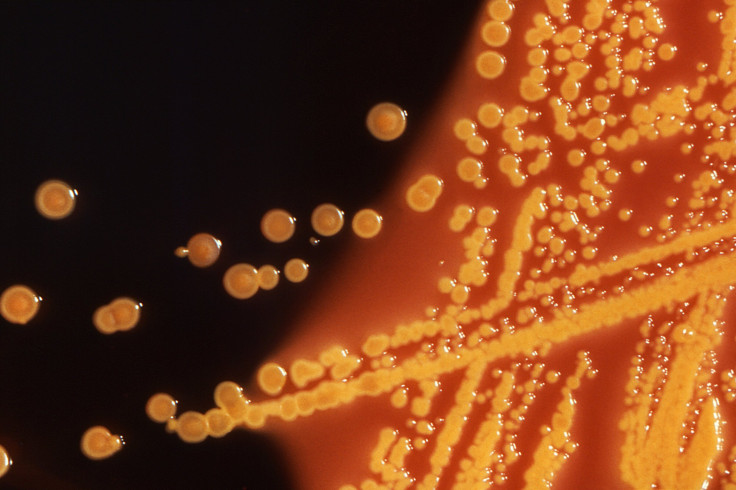Mini-Factories For Drugs? Researchers Find A Way To Switch On 'Silent' Gene Clusters In Bacteria

Driven partly by the thirst to create efficient mini-factories for the manufacture of new drugs and biofuels, scientists have long sought to either create synthetic life or somehow hack the apparatus within a living cell responsible for the production of these compounds. Now team of researchers at Princeton University has announced that it has discovered a global regulator that switches on a lot of silent gene clusters in a bacterium.
According to the researchers, who described the development in a study published in the latest edition of the Proceedings of the National Academy of Sciences, this could potentially allow them to unleash the microbes' "full potential" as natural product dispensers.
"Natural product regulation and ecological function usually take a backseat to application," study co-author Mohammad Seyedsayamdost, an assistant professor of chemistry at Princeton University, said in a statement. "We use penicillin as an antibiotic but we really don’t know why microbes make it."
For the purpose of their study, the researchers focused on the bacterium Burkholderia thailandensis — a species of Gram-negative microbe that rarely causes disease in humans. They found that portions of the bacterial genome called the biosynthetic gene clusters — responsible for the production of biologically active compounds — were mostly "silent."
They discovered that a regulator called scmR acted as a gatekeeper for expression of these gene clusters. When this was deleted from the bacterium’s genome, the researchers observed a dramatic surge in the release of new compounds in 13 out of its 20 biosynthetic gene clusters.
"They found that the regulator’s suppressing abilities were activated by quorum sensing, which had never before been seen. It meant that the more cells that are present the more the gene clusters are silenced," Princeton University said in the statement. "The researchers found evidence that the regulator was also involved in other quorum sensing processes including virulence and biofilm formation."
Although further research is needed, the discovery of a global gene cluster regulator and the pathways it interacts with could eventually allow scientists to boost microbes' ability to generate compounds of interest.
© Copyright IBTimes 2025. All rights reserved.






















